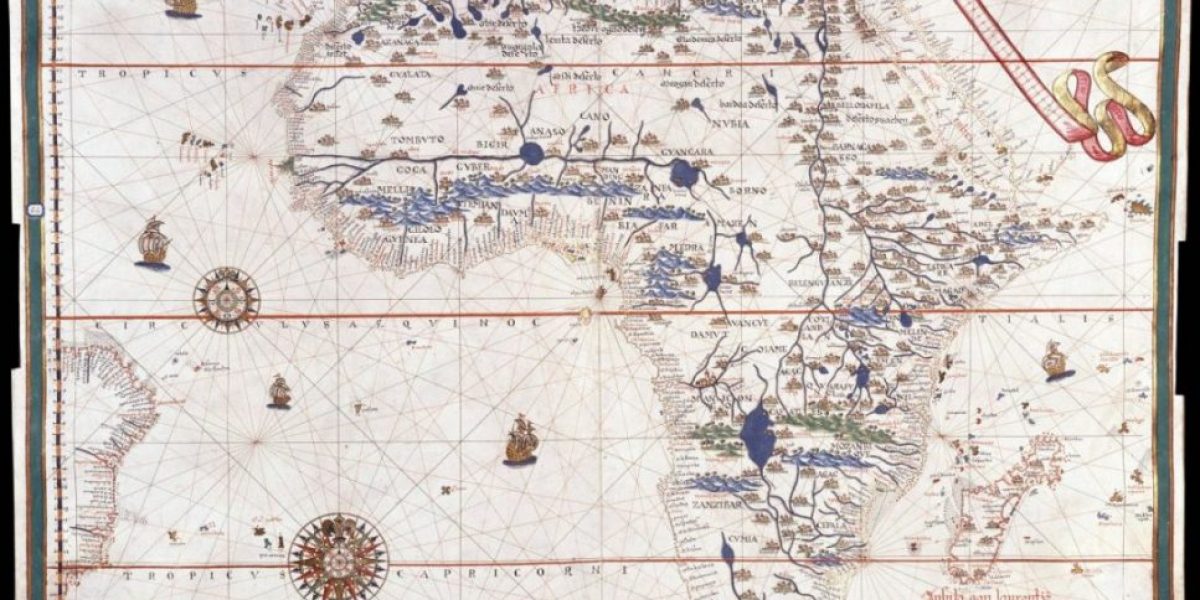Both programmes currently face critical challenges and need heads of state to provide candid, effective leadership. To its credit, Nepad has contributed to higher aid levels and debt relief, provoked new thinking on development and created useful institutions. But many strong supporters are rightly asking: “What next?”
As a concept, Nepad is strong, but it cannot neglect that ordinary citizens, donors and African countries need to have a clear idea of what the Secretariat does and what tangible outcomes result. This is not criticism but common sense advice from a strong supporter. Nepad needs to reach out to understand its doubters and take steps to put those concerns to bed. The first concern commonly expressed is about the need for better focus and clearer priorities. No organisation or nation can do everything at once.
If Nepad spreads itself too thin, it risks doing nothing well and reinforcing negative attitudes that liken Nepad to previous failed grand plans for Africa. Nepad is engaged in myriad consultations and innumerable international bodies seek its endorsement. It needs clearer plans for allocating the time of its limited, overstretched staff, and must prioritise quick gains from what can be left for later. Critically, it needs to move beyond lobbying the G8 and find strategies to influence developed world citizens, opinion makers and, most crucially, the legislatures that set politically sensitive aid and trade laws. Nepad must also address how to engage, persuade and assist African states, which have been slow to take up Nepad initiatives.
Because it is neither a funding agency nor an implementer, Nepad is largely left outside of the core discussions between individual African states and donors. To influence those negotiations, Nepad must either offer intellectual services that nations cannot provide themselves, or bring genuinely transformative or innovative ideas. Nepad assumes that regional economic communities will handle implementation, but it is time to frankly admit that they are weak, lack implementation capacity and seem unlikely to acquire it. Leaders need to spend less time worrying about aid and trade concessions from the North, and think more about what we can do for ourselves, today. Much can be done by improving national governance systems and better managing existing resources. Many of Nepad’s infrastructure ideas would kick-start growth and development.
While the secretariat has valiantly tried to propel these mega projects – roads, dams, pipelines, electrical grids and telecommunications cables – it must acknowledge that big projects often get mired in disputes over who will invest, ownership shares, user rights and output prices. Heads of state need to intervene personally in these thorny disputes, not through delegation, and make the necessary compromises. Overall, Nepad needs speed. With the rest of the world investing heavily in new, more productive infrastructure and technology, Africa could well make steady progress but end up much further behind than it is today.
TO broaden African buy-in, Nepad must find fresh ideas and encourage home-grown constituencies to support its reformist ideas. It can’t tell member states what to do, but if reorganised as a continental think tank with a modest research fund, it could stimulate much new thinking and invaluable research, which in turn would boost political pressure for reforms. This new-model Nepad would open links to existing African intelligentsia and research bodies, offering to help member countries solve difficult problems by funding research and feasibility studies. When a nation presents a problem, Nepad could find the needed experts and commission them to prepare competing strategy papers.
Further, Nepad should conduct extensive public debates on key developmental questions. To avoid any diplomatic difficulties, Nepad could merely provide the platform for a variety of different thinkers to stimulate discussion, provoking media coverage and ultimately prodding governments to seek new approaches. By giving a platform to diverse local researchers, academics and advocacy groups, Nepad would help stimulate new thinking and build the domestic support needed to undertake major policy reforms. This initiative would help address one of Nepad’s key weaknesses: poor public communications. It is a reality: journalist and citizens struggle to get any meaningful answers on the status of Nepad activities. A few years ago, I brought 10 African journalists in Johannesburg for training to the Secretariat for a briefing. They left frustrated, having been lectured to about being destructive and not doing their jobs, and were told to find everything on Nepad’s website.
Unfortunately, an encounter that might have generated a meeting of minds and 10 useful articles was wasted. The most effective means for Nepad to propel its ideas is through the African Peer Review Mechanism. Many conferences, including a major review event held by my institution in September, have noted that the APRM questionnaire needs substantial revision to eliminate overlapping questions, excessive detail and unclear wording. Countries take the questionnaire seriously and it forms the basic structure of their peer review analyses.
In a major missed opportunity, the questionnaire does not expressly ask what governments are doing to implement the various Nepad initiatives. If it did, states would have to explain and justify what they are doing or not. And if they concluded that Nepad programmes were inappropriate or vague, this could strengthen Nepad. Africa should celebrate the achievements of Nepad and APRM but not be complacent or celebratory.
We’ve made real progress but need to reinvigorate efforts to harness African expertise and inspire the search for bold new solutions. To do this, we must send the signal strongly that fresh ideas and criticism of existing efforts are encouraged and appreciated. The best way to do that is to transform Nepad into a genuine think tank that stimulates new research, encourages debate on policy options and provides value-added services to member countries.








